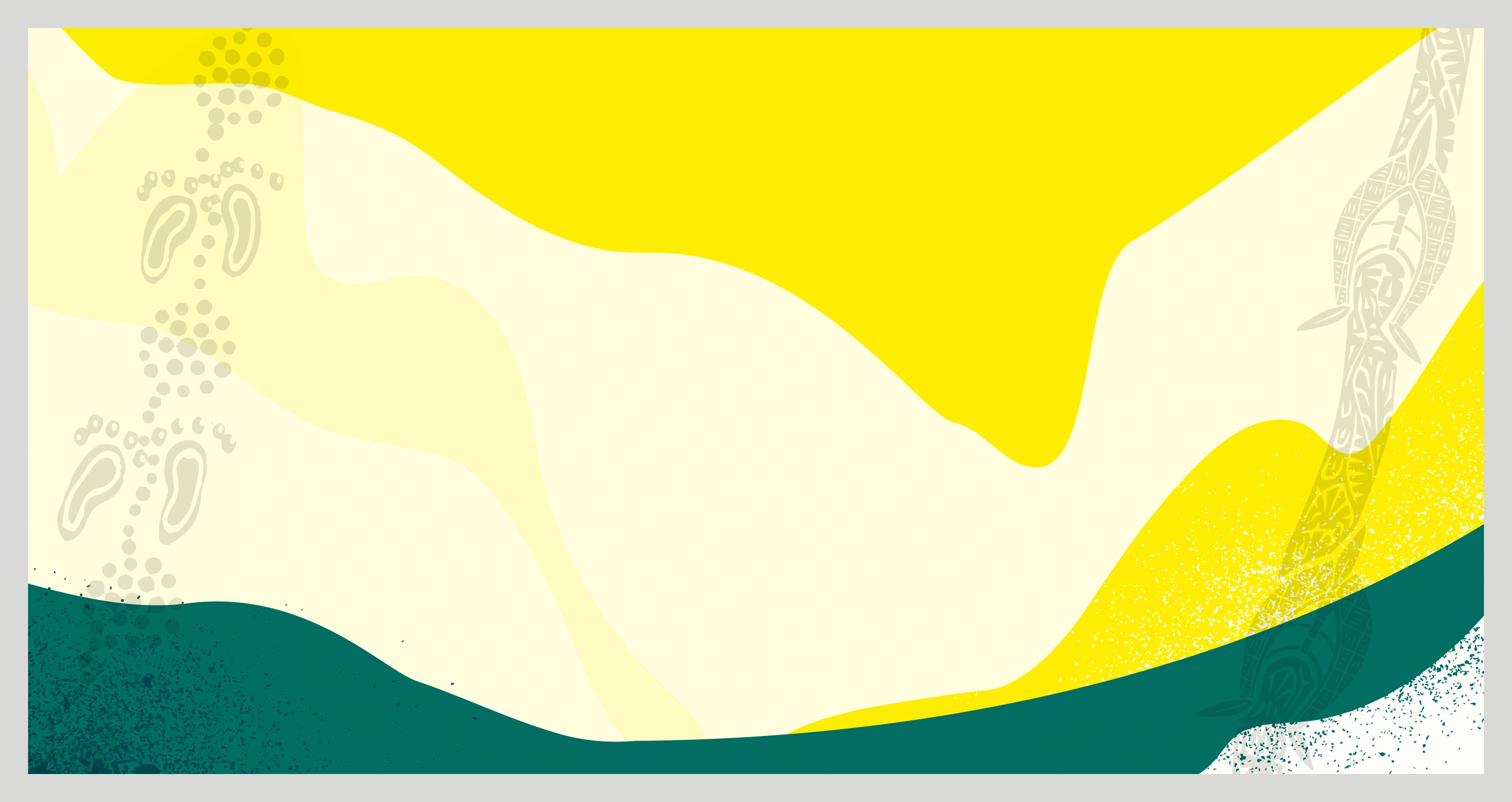HAVE A GO AT OLYMPIC SPORTS
The Los Angeles Games of 1932 featured less nations and almost half as many athletes as the previous Games in Amsterdam. This was due mostly to the Great Depression, with the cost of travel and the logistics of distance proving difficult for many teams. Still, more than 1400 athletes from 37 nations competed at the Games. This was only the second time the Games had been held outside of Europe, following on from the St Louis 1904 Olympics. Los Angeles, home of Hollywood and the emerging film industry, would put on a much better show.
The United States were the dominant team, their 41 gold medals more than treble that of the second nation on the medal tally, Italy, which won 12 gold medals. The host nation was led by sprinter Eddie Tolan, who won gold in the 100m, 200m and 4x100m relay. In the pool, Japan was the leading nation. American Buster Crabbe won the 400m freestyle gold and would later become the Olympics’ second Tarzan, playing the jungle hero in movies.
Australia at these Games
The 12-strong Australian team returned from the Los Angeles Games with five medals: three gold, one silver and a bronze. The three gold, won by cyclist Edgar ‘Dunc’ Gray, rower Henry ‘Bobby’ Pearce and teenage swimmer Clare Dennis, matched the record total from Paris in 1924. The silver medal was won by swimmer Philomena ‘Bonnie’ Mealing in the women’s 100m backstroke, while Eddie Scarf’s bronze in freestyle wrestling was the first Australian medal in the sport.
Gold medallists Gray and Pearce had both won medals at the previous Games in Amsterdam in 1928. Pearce, again the only rower on the Australian team, successfully defended his single scull title. Gray improved on his 1928 bronze to win the 1000m time trial, Australia’s first cycling gold. The Sydney 2000 Olympic velodrome was named in his honour.
Dennis was the youngest woman to win a gold medal in Los Angeles. Aged 16, she won the 200m breaststroke to become an instant celebrity because of her age and ability. She would later be one of the first women to compete for Australia at the Empire Games, now known as the Commonwealth Games.
The Australian flag at the Opening Ceremony was carried by swimming legend Andrew ‘Boy’ Charlton. However, unlike the previous two Games of 1924 and 1928, Charlton did not win a medal in Los Angeles, his performance affected by illness. The other Australians competing were athletes Bill Barwick, George Goldwin, Alex Hillhouse and Eileen Wearne, and swimmers Noel Ryan and Frances Bult.
As at the 1928 Games, Australia competed in five sports in Los Angeles: aquatics (swimming), athletics, cycling, rowing and wrestling.


